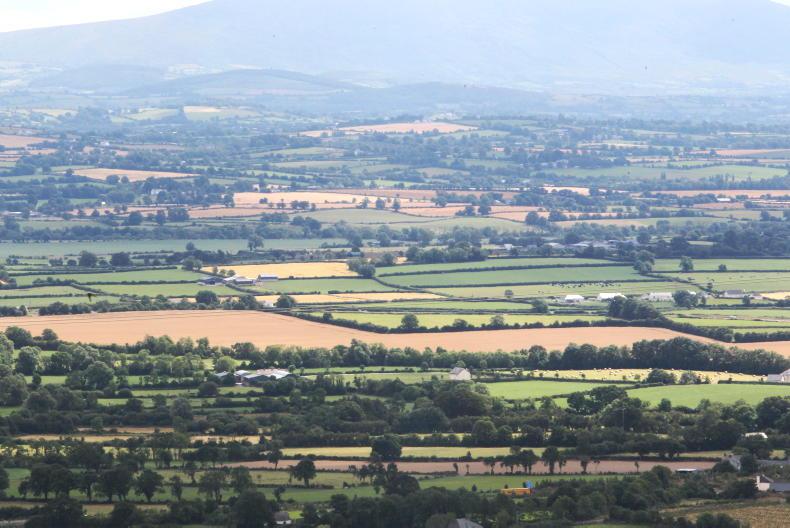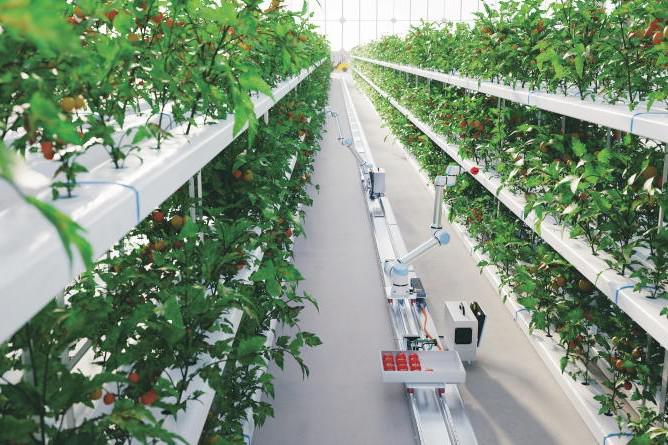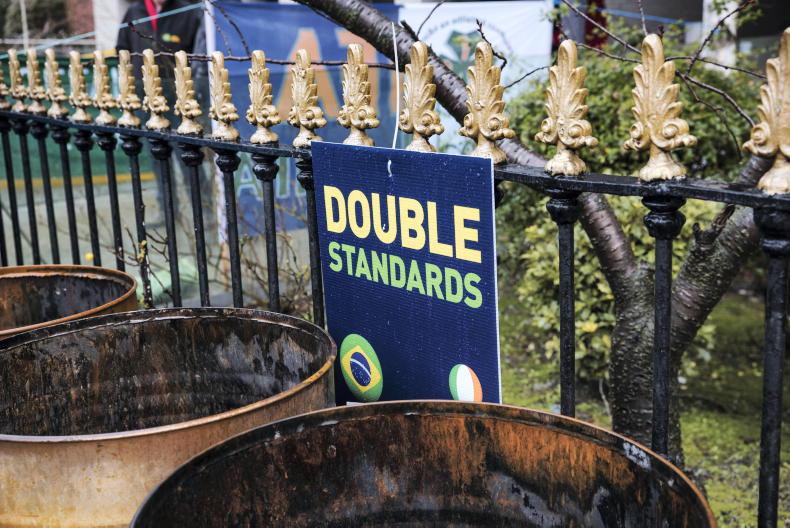I remember as a young journalist sitting in an Irish Country Living editorial meeting and thinking, what will we do when we run out of farm enterprise stories?
In my youth and naivety, I thought surely, one of these days, the river will run dry. However, what I have learned is that we are never short of a good diversification story.
There are constantly new, eager people looking at the potential of their farm – both from the perspective of diversifying their product or maximising the potential of their land.
Getting the opportunity to write these stories has been one of my favourite parts of my job over the years. So I’m looking forward to the Energy and Farm Diversification Show which is taking place in Gurteen Agricultural College in Tipperary on Thursday, 18 July.
There are many strands to the day including the role of renewable energy in agriculture and the future of farming in light of climate targets, which my colleague Stephen Robb details on page 41 of the Irish Farmers Journal.
The farm diversification stage though is where I tend to naturally gravitate to – after all, it’s a melting pot of potential Irish Country Living stories. There are a number of talks and I look forward to chairing a panel on ‘farm to retail - stocking your farm products on store shelves’.
On the panel will be Úna Ryan from Marketing Eye and Martin Kelly from Bia Innovator Centre, giving their advice and expertise on what the retailer is looking for, while Thomas Baldwin from Baldwin Ice Cream will speak about his own experience about getting on the supermarket shelf, or more specifically, in the freezers.
The farm diversification stage though is where I tend to naturally gravitate to – after all, it’s a melting pot of potential Irish Country Living stories
Challenges and pitfalls
The theme that runs through all the talks is connection – people sharing stories of the farm diversification journey that they have travelled, to help those starting on the road and learn from those who have walked the path ahead of them.
It is especially useful for people who have an idea or a concept and are trying to bring it to a commercial reality; to hear from the champions about their experiences, the challenges and pitfalls.
Starting out, there is a lot of information on paper – make a business plan, do a budget, research and do some market analysis – all solid advice. But chat to someone who already did the business plan and suddenly it all becomes a lot more real, relatable, and essentially, more achievable.
There are two strands to this.
There are, of course, the rural entrepreneurs who are adding value to their raw agricultural project, whether that’s cheese or jams, yoghurts or baked goods and looking at where the opportunity is.
Is there a niche market in organics or gluten free, for example, that could benefit the business?
Then there are the entrepreneurs that are looking at their land from the perspective of agri-tourism potential. Farm tourism is quite a niche area and it’s not just about the tangible elements like the look of the accommodation, it goes beyond that to the intangible – like the warm welcome that a guest receives.
The day offers an opportunity to understand what that type of tourist is looking for.
There is a lot going on in that sphere in terms of legislation and there will be important information in this regard. The new Short-Term Tourist Letting Register (STTL) means that anyone offering self-catering or short-term accommodation will soon need to register their business with Fáilte Ireland.
How will this new system change things, both in the short-term and long-term? I’ll be interested to find out myself.
Of course, at these things, you learn as much from the person on stage as from the person you meet while having a coffee. It can be intimidating to strike up a conversation with a stranger, but that could be the chat that you remember long after you leave.
See energyandfarmdiversificationshow.com









SHARING OPTIONS